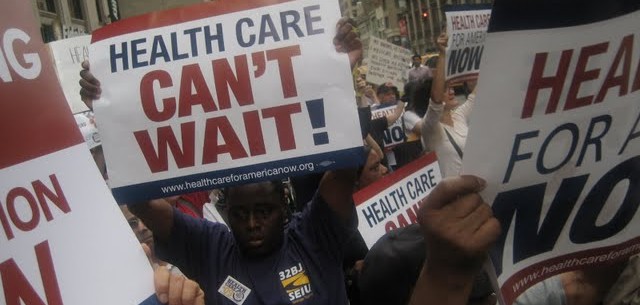Following up on our two previous blog posts of this week, we want to now close out this series with our thoughts about two other major areas of our work ahead for 2023:

Improving access to hospital care, hospital-community relations, and supporting safety net hospitals:
A cluster of issues centering around hospitals is increasingly coming to the fore for advocates and lawmakers, and will likely be prominent in this year’s New York legislative session. Ideas that we and our fellow advocates will be pushing include:
- Providing relief to patients with hospital medical debt they simply cannot pay.
- Updating and streamlining hospital financial assistance programs for low and moderate-income patients.
- Taking action to curb and lower skyrocketing hospital prices that saddle patients with bills they cannot pay, and that threaten the financial viability of union and employer health benefit programs.
- Revamping the distribution of State indigent care funds to prioritize safety net hospitals.
- Increasing Medicaid reimbursement rates for safety net hospitals.
- Strengthening government oversight of large hospital systems as they continue to build-out and consolidate, with an emphasis on addressing the needs and concerns of affected local communities, particularly with regard to health equity.
- Increasing community representation on government oversight bodies.
- Creating mechanisms to foster accountability of hospitals to their local communities.
- Accurately and robustly assessing if and how non-profit hospitals are meeting their charitable and community-serving missions as required under law.
- Requiring hospitals to disclose what services they don’t offer based on non-medical reasons.
In addition, at the federal level consumer advocates will be urging Congress and the Biden administration to:
- Begin asserting anti-trust concerns with regard to hospital consolidation, and its impact on price increases and access to comprehensive care in local communities.
- Hold non-profit hospitals and hospital networks (who benefit from billions of dollars in tax breaks as legal “charities”) accountable for the community needs assessments and benefit programs they are required to provide under law.
- Look into the adverse effects of private equity investors on for-profit hospitals, nursing homes, and medical practices, and broader regional health care markets.

Lowering Rx drug prices and costs:
Advocates and our congressional champions successfully took on and prevailed over Big Pharma during the Build Back Better debate of the past two years which resulted in the new Inflation Reduction Act (IRA) law. For the first time ever, the federal government will start negotiating lower prices with drug corporations for people on Medicare. Already starting this week, people on Medicare now get free vaccines and pay only $35 per month for insulin, and drug corporations pay large tax penalties if they raise their prices higher than the rate of general inflation.
However, the IRA was but a first step of what needs to be done to lower drug prices for everyone else. Most of the IRA’s provisions were limited to helping people on Medicare, and that law now needs to be expanded into the realm of private insurance so that everyone can benefit.
We will also be pushing Congress to regulate pharmacy benefit managers (PBMs), companies that serve as brokers between drug corporations and insurance companies. They purportedly looking out for the interests of patients with regard to lowering prices and out-of-pocket costs, and maximizing access to as many drugs as possible on their formulary lists. However, the reality is that PBMs are complete black boxes, and many believe they just leverage their broker role to generate outsize profits for investors, and patients’ concerns are secondary at best. Three of them control 80% of the market, and they all have sweetheart relationships with insurers.
Finally, Congress must also overhaul our entire Rx drug patent system that has been totally dominated by the industry for years. Drug corporations have learned to successfully manipulate it to keep maximizing their price-gouging and profiteering by extending their patents far beyond what is reasonable. As a result, many patients cannot afford the drugs they need, and low-cost generics are prevented from coming onto the market for many years.

We can do it!
Our list for 2023 is long and ambitious. By bringing community and labor together across New York, we can make progress step-by-step, year-by-year, as we’ve done since our founding 30 years ago. YOU make that happen with your participation and support, and we value you on our team!
Best wishes for all of us for 2023!
